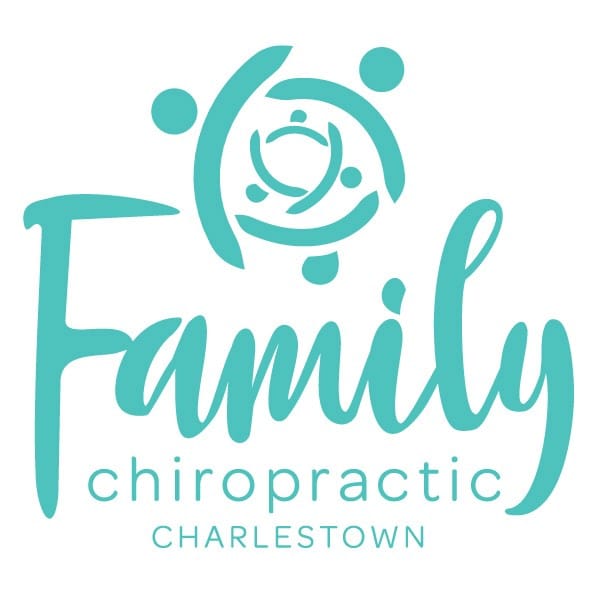Ebooks vs. printed books: the benefits of reading to your child
I know it is pathetic, but I can’t wait to have grand kids.
I look forward to spoiling them rotten and doing all the things I didn’t want my parents to do! Things like baking chocolate chip biscuits and eating ice-cream for afternoon tea.
I am also excited to share with them what I loved doing with my own kids, like dancing like maniacs to ABBA and most of all, reading lots and lots of books.
There’s a magical feeling about tucking up in a corner of the couch with a child on either side and getting lost in the simple adventures of little people. Then there’s reading the same book over and over and over again – I am sure I could still recite many of them if I gave it a go!
There are tonnes of benefits of reading together with children – in this blog, we share the proven effects of reading together with your child, plus we explore the research surrounding ebooks vs. paper books (yes, there’s a big difference for your child).
The benefits & positive effects of reading with children
Reading aloud to our children is good for them – it’s a well-known fact.
The number of kid’s books in the home is the number one predictor of later school success, plus shared reading has been shown to foster early literacy skills, improve listening skills, vocabulary, reading comprehension and spelling.
Story time helps a child’s cognitive development and creates a positive relationship with reading which becomes more apparent the older the child gets.
A recent study even found that children who were regularly read to from baby age and on had improved behaviour and less hyperactivity at 4.5 year of age as they started school.
Another important factor in reading rituals is the time spent bonding with the parent, enjoying some quiet time with focused interaction. Reading together has a positive impact on sleep routine, peer relationships and self-esteem.
Is there a difference between ebooks & paper books?
Interestingly, recent research has highlighted the differences in positive outcomes between reading a printed book out loud and reading one from a screen. According to the American Academy of Pediatrics, an e-book just doesn’t cut the mustard.
One of the benefits from reading a book together is the child-centred conversation that the book stimulates. It offers an opportunity to engage the child by making comments about what is happening in the story and asking questions that revolve around the child and his/her life experience, for example:
- What colour is the big ball in the picture?
- What colour is your ball?
- Do you remember when we walked to the duck pond to feed the ducks?
- What sound does a duck make?
Open-ended questions about how the child feels about the story or what she thinks is going to happen next stimulates the child’s imagination as well as comprehension. It is primarily this dialogue that makes reading so beneficial for brain development.
The study found these conversations are significantly reduced when reading a book on a screen.
Parents were more likely to ‘just get the job done’ without asking questions and commenting on the story. The verbal exchanges that did take place were more likely to be directions about the device, such as not to pushing the buttons or changing the volume.
The researchers were careful to point out the small size of the study and basic ebook apps used throughout. They also acknowledged the need for further study and stressed that if parents were aware of the positive impact of communication with their children while reading ebooks, it would be as beneficial as the old print book.
Wusses!
They know it will never be the same as the old dog-eared, crayon decorated and torn up print versions of the past!
Get in touch with the team from Family Chiropractic Charlestown. Our Newcastle-based chiropractors will care for your whole family.
Image: Pexels
